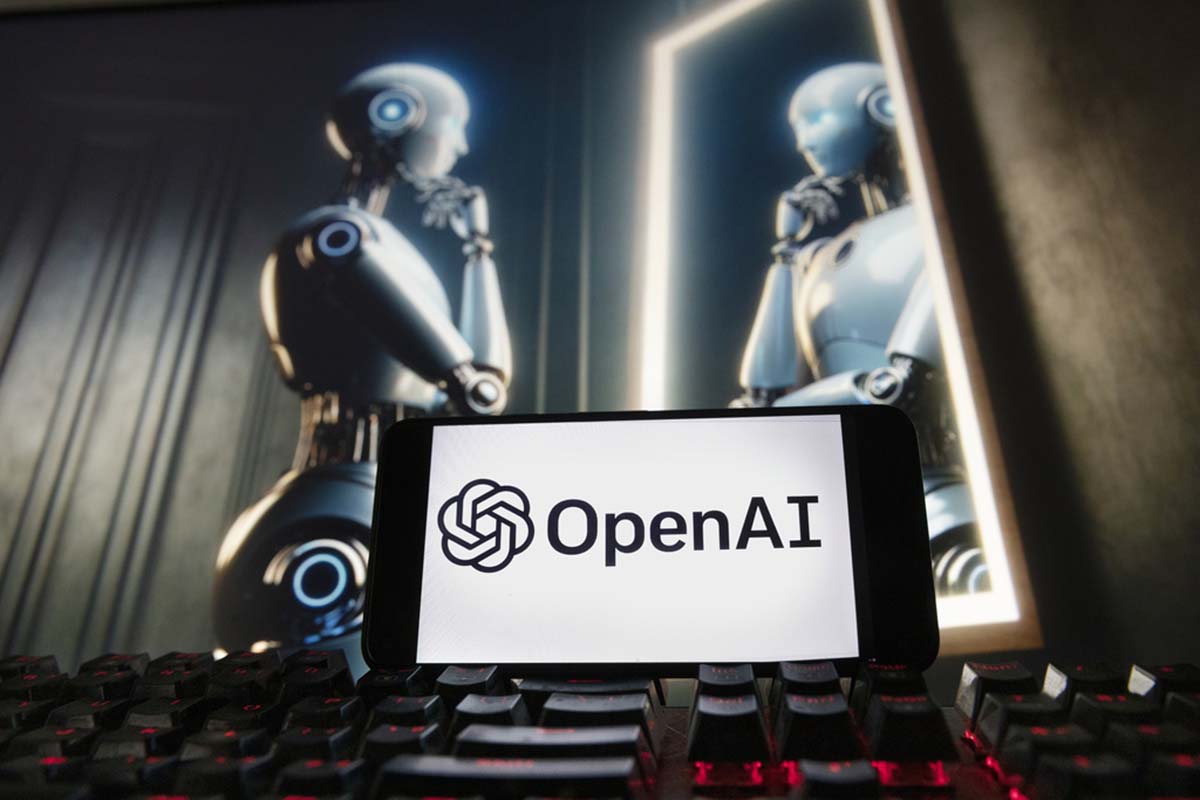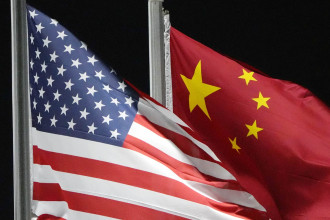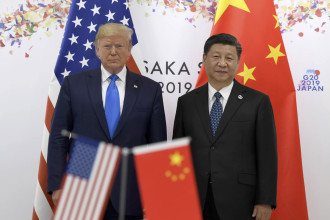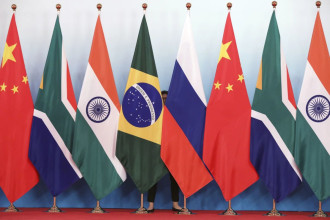
HONG KONG: Hong Kong's government is testing the city's own ChatGPT -style tool for its employees, with plans to eventually make it available to the public, its innovation minister said after OpenAI took extra steps to block access from the city and other unsupported regions.
Secretary for Innovation, Technology and Industry Sun Dong said on a Saturday radio show that his bureau was trying out the artificial intelligence programme, whose Chinese name translates to "document assistance application for civil servants," to further improve its capabilities. He plans to have it available for the rest of the government this year.
The programme was developed by a generative AI research and development centre led by the Hong Kong University of Science and Technology in collaboration with several other universities.
Sun said the model would provide functions like graphics and video design in the future. To what degree it would compare to the capabilities of ChatGPT was unclear.
Sun said on the radio show that industry players and the government would play a role in the model's future development.
"Given Hong Kong's current situation, it's difficult for Hong Kong to get giant companies like Microsoft and Google to subsidise such projects, so the government had to start doing it," he said.
Beijing and Washington are locked in a race for AI supremacy, with China having ambitions to become the global leader in AI by 2030.
China, including Hong Kong and neighbouring Macao, is not on the list of "supported countries and territories" of OpenAI, one of the best-known artificial intelligence companies.
The ChatGPT maker has not explained why certain territories were excluded but said accounts in those places attempting to access its services may become blocked.
According to a post on OpenAI's online forum and local media reports, the company announced in an email to some users that it would be taking additional measures to block connections from regions not on the approved list starting July 9. It did not explain the reasons behind the latest move.
Francis Fong, the honorary president of the Hong Kong Information Technology Federation, said it was hard to say whether the capabilities of the programme in Hong Kong could match those of ChatGPT. With the input of AI companies in the city, Fong said he believed it could technologically catch up with the standards.
"Will it become the top? Maybe may not necessarily be as close as that. But I believe it won't be too far behind," he said.
He also said a locally developed AI programme might more accurately address local language and localised issues, but adding it would "make sense" if the final product appears to be "politically correct."
Like most foreign websites and applications, ChatGPT is technically unavailable in China because of the country's firewall, which censors the internet for residents. Determined individuals can still gain access via commonly available "virtual private networks" that bypass restrictions.
Chinese tech giants such as Alibaba and Baidu have already rolled out primarily Chinese-language AI models similar to ChatGPT for public and commercial use. However, these AI models must abide by China's censorship rules.
In May, China's cyberspace academy said an AI chatbot was being trained on President Xi Jinping's doctrine, a stark reminder of the ideological parameters within which Chinese AI models will operate.
Also in May, SenseTime, a major Chinese artificial intelligence company, launched SenseChat for users in Hong Kong, where most of the population speaks Cantonese as their mother tongue rather than Mandarin. But a check on Tuesday found the application could not provide answers to politically sensitive questions, such as what the Tiananmen crackdown in 1989 and Hong Kong's protests in 2019 were about.
During the 1989 crackdown, Chinese troops opened fire on student-led pro-democracy protesters, resulting in hundreds, if not thousands, dead, and that remains a taboo subject in mainland China.
In 2019, protests that started over unpopular Hong Kong legislation morphed into an anti-government movement and the greatest political challenge to Beijing's rule since the former British colony returned to China in 1997.






